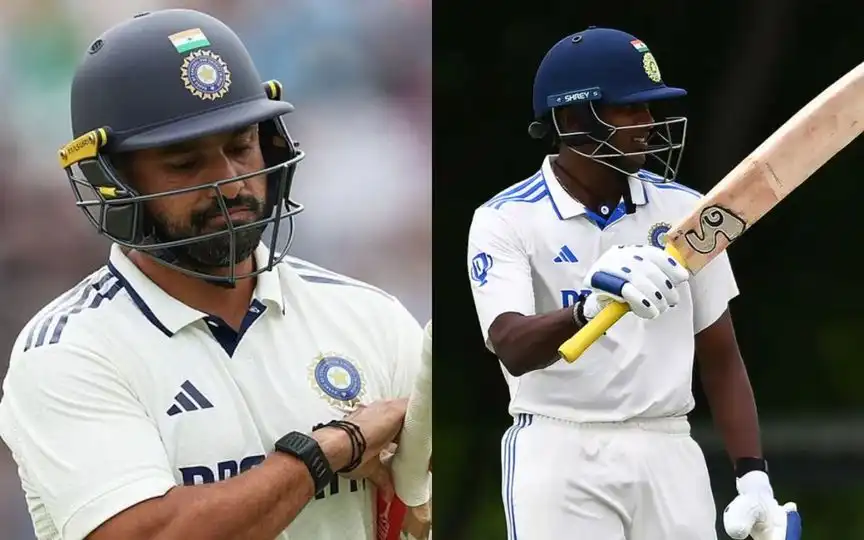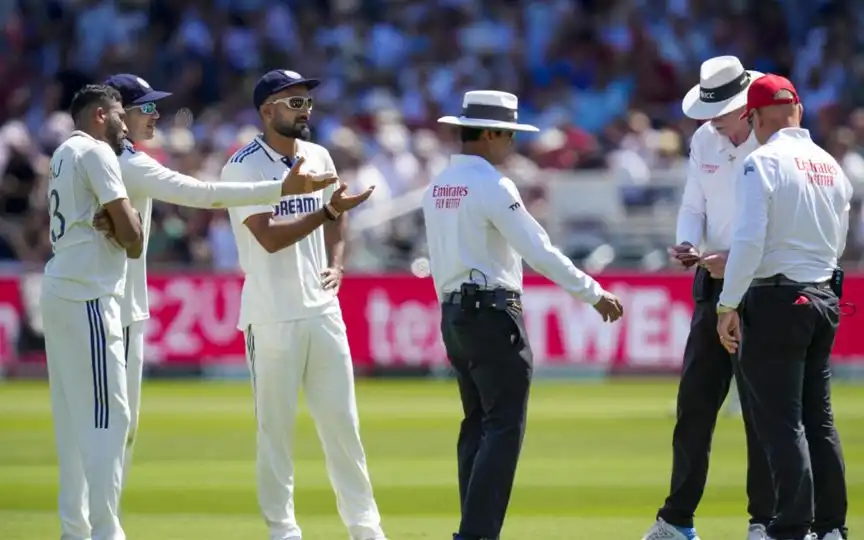![Brad Hogg defends slow over-rate [Source: @ikeepmania/X.com]](https://onecricketnews.akamaized.net/parth-editor/oc-dashboard/news-images-prod/1752900194120_Hogg_12.jpg?type=hq) Brad Hogg defends slow over-rate [Source: @ikeepmania/X.com]
Brad Hogg defends slow over-rate [Source: @ikeepmania/X.com]
Former Australian cricketer Brad Hogg has controversially defended slow over-rates in Test cricket, suggesting they can be a sign of high-quality play when accompanied by sufficient tension and character on the field. His comments follow England's two-point penalty in the ICC World Test Championship for a slow over-rate during their narrow 22-run victory over India in the third Test at Lord's.
Hogg argued that the pace of play can be secondary to the drama and strategic battles unfolding, framing deliberate slowdowns as a legitimate tactical element.
Brad Hogg Explains That Tension Justifies the Pace
Speaking on his YouTube channel, Brad Hogg directly linked the speed of play to the match's intensity.
“When things are not going as fast, the slow over-rates there, it is okay as long as there is tension in the game. We want that tension. We want the players' character showing. As long as it has got the tension, slow over-rate is good - because that is quality cricket,” Hogg said in a video on his YouTube channel.
Hogg, a veteran of 145 international matches for Australia, explained the tactical reasoning behind slowing down, particularly in English conditions. He emphasized conserving bowler energy, especially once the ball softens, as a key strategic consideration.
“It is a bit of cat and mouse... when the batters are in control, bowlers wait for that defensive moment to strike back and rush them. That's where the game ebbs and flows," Hogg added.
Hogg's View on India's Lord's Loss
While discussing the match, Hogg pinpointed a critical moment he believes costed India victory at Lord's.
“India lost that match because of one moment. Pant getting run out trying to get Rahul on strike for his hundred, and then Rahul gets out after celebrating. Two wickets in ten balls after a 140-run stand. That was the turning point,” Hogg concluded.
England now lead the five-match series 2-1 heading into the crucial fourth Test in Manchester starting July 23rd, carrying the points penalty but buoyed by Hogg's unexpected defence of their approach.


.jpg?type=mq)



